With the distant roar of the Giessbach Falls at my back, I stand at the landing platform watching the boat sail silently towards me, its bow cutting a wide V in the mirror surface of Lake Brienz like a seamstress cutting a length of silver satin. Hemming the lake, red housed hamlets cluster by the water’s edge. At their backs meadows of olive, crushed velvet climb the hillside and disappear behind a veil of angora cloud.
As the boat draws alongside, the spell of the near-silence is broken and I board, heading straight upstairs for the open deck to enjoy the sunshine and the slowly emerging ragged peaks of the Alps that frame the picture-perfect scene. All too quickly the boat docks gently at the platform of Brienz. I step off and walk the few hundred metres to the train station where my train to Meiringen and the Reichenbachfall awaits the arrival of the ferry before pulling out of the station precisely on time.
Switzerland is known for many things, not least its Germanic propensity for precision. As I glide across this country, through landscapes whose beauty defies every superlative in my vocabulary, I contemplate whether the Swiss watch industry was born of the nation’s obsession with punctuality, or vice versa. I’ve heard it said that the French occasionally enjoy making their trans-Europe trains just half a minute late in the certain knowledge it will annoy the hell out of the Swiss Federal Rail staff.
Personally, as someone who has spent more time than she can afford standing at bus stops waiting for buses that never arrive and sitting on crowded commuter trains waiting for some mystery blockage on the line to be cleared in the hopes she’ll actually make it home from work before bed time, I love the Swiss transport system.
Stepping from train to boat and funicular to bus, each stage of the journey effortlessly aligned to the next, travel becomes a joyful, stress-free experience rather than a frustrating series of stops and starts. Arrival times can be planned with confidence, journey times can be mapped with accuracy and travel within the country becomes an experience to be savoured rather than something to be endured. Throw into the mix the wondrous scenes that pass by your window as Switzerland unfolds before you, her panoramic drama maximised by the immense viewing windows on trains, and you’ve got the perfect travel experience.
The Swiss Pass
If you’re a visitor to Switzerland you’re entitled to buy a Swiss Pass which will get you unlimited travel on public travel, whether by bus, boat or train , across Switzerland, including many of its most panoramic train journeys. Additionally, a Pass gives you free entry to around 470 museums and a 50% discount on most cable car routes and mountain railway journeys such as Jungfraujoch, Rigi and the Reichenbach Falls.
The Swiss pass is valid for travel on consecutive days, beginning on the first date you use it, for 4, 8, 15 or 22 days or a month and prices begin from €221 or €354 1st class. Under 26 yr olds get a 25% discount on those prices with a Swiss Youth Pass.
Swiss Flexi Pass
The Flexi Pass allows you to travel on non-consecutive days from 3 to 6 days in any month and so gives you more freedom. Prices range from €211 or €338 1st class for 3 days in a month. There are further price reductions for couples and groups.
The Swiss pass comes in a handy red wallet for safe keeping and a route map showing you all the routes on which you travel free and which routes give 50% reduction. Download the SBB app to check tickets and timetables on the move.
Andrea (Andy) Montgomery is a freelance travel writer and co-owner of Buzz Trips and The Real Tenerife series of travel websites. Published in The Telegraph, The Independent, Wexas Traveller, Thomas Cook Travel Magazine, EasyJet Traveller Magazine, you can read her latest content on Google+

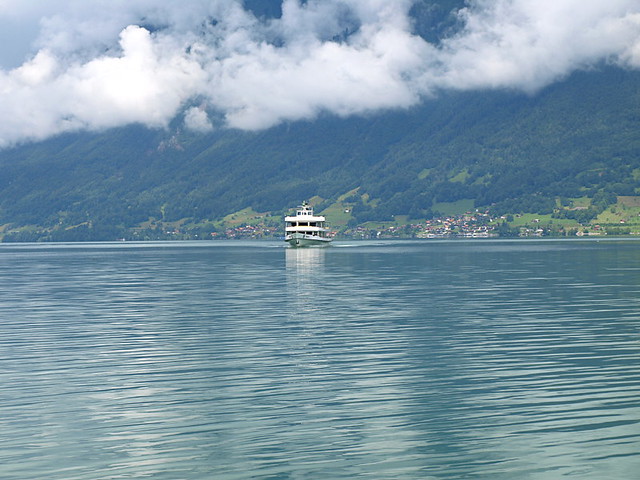
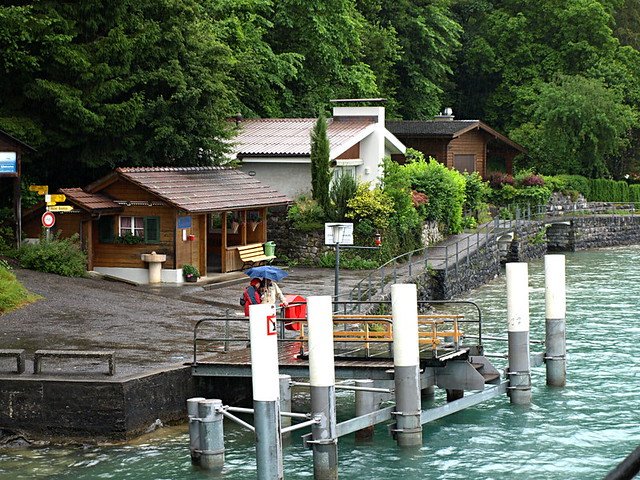
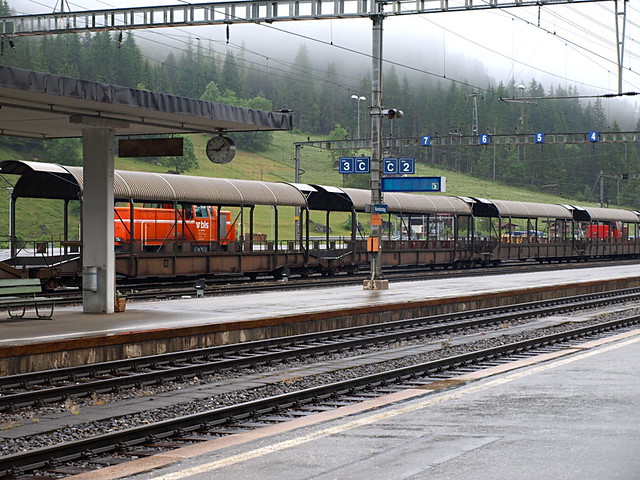
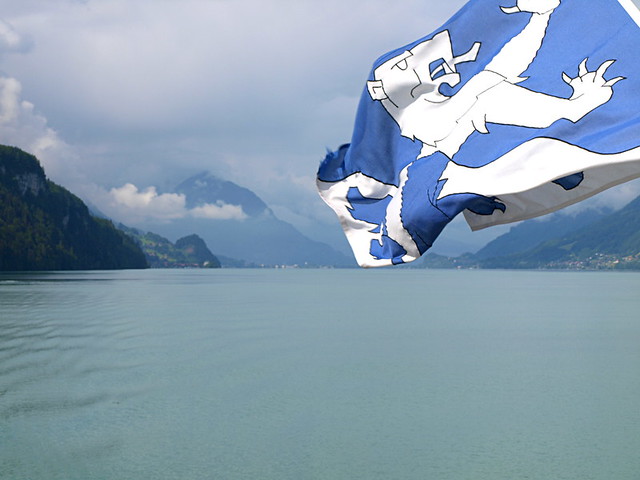
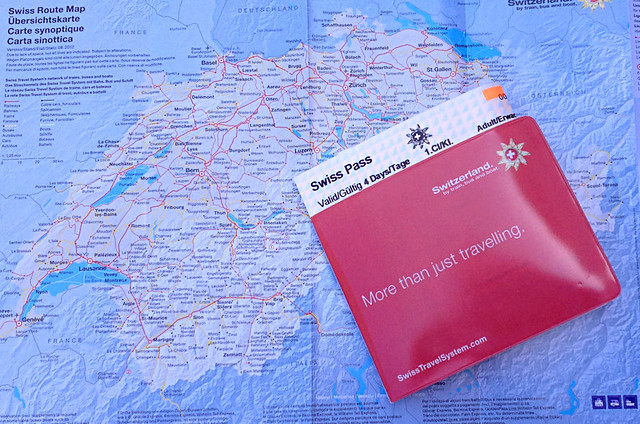



Be the first to comment